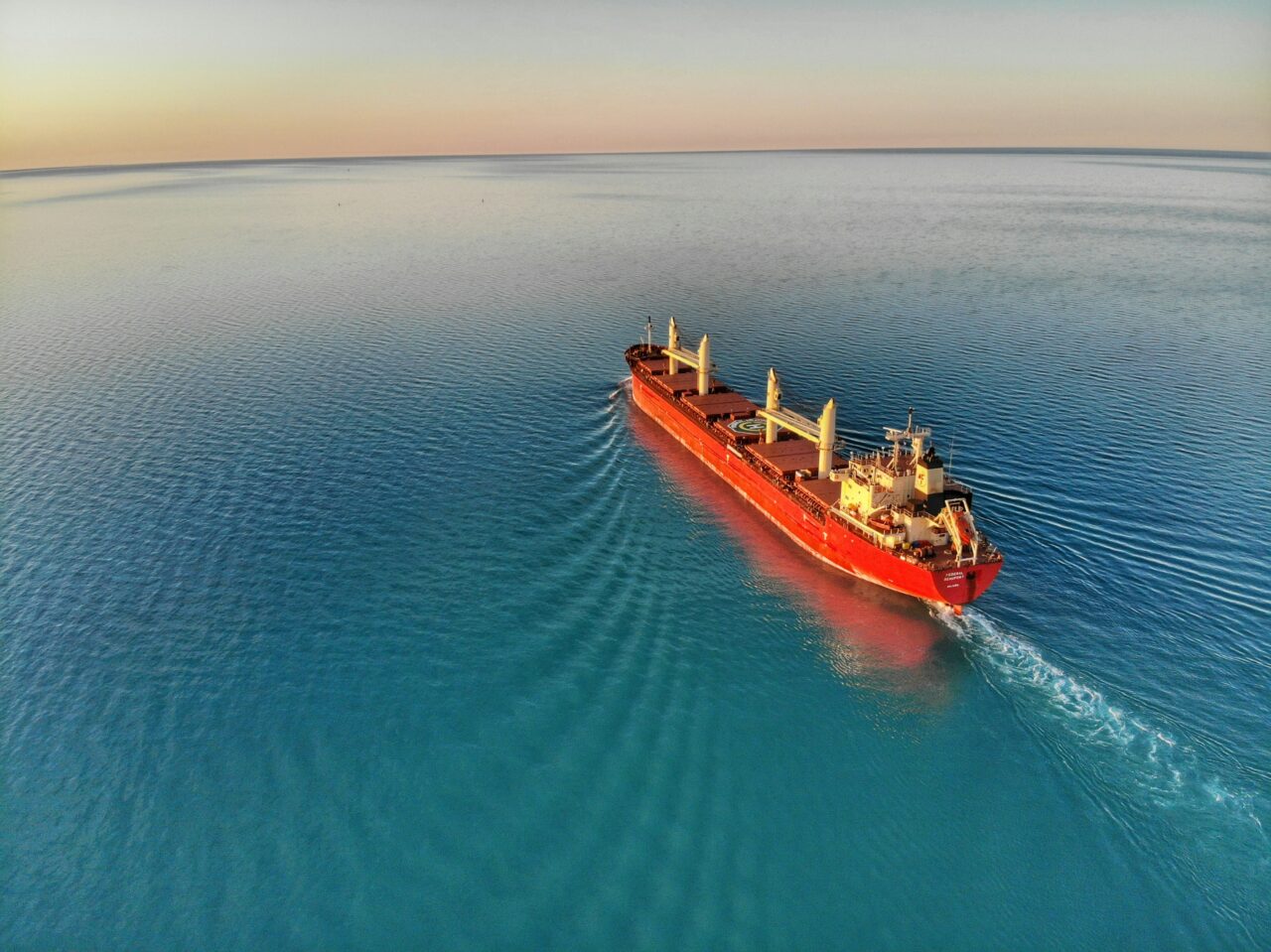The recent amendments to the Merchant Shipping Act (Chapter 234 of the Laws of Malta) and the Merchant Shipping (Maritime Labour Convention) Rules usher in significant advancements tailored to modernise our shipping regulations and align Malta with international standards.
In a pivotal move to maintain Malta’s edge as a leading flag state, the maximum age for ship registration has been reduced from 25 years to 20 years. This amendment aims to attract shipowners with newer, more modern fleets. The administrative responsibilities for ship registration have also now transitioned from the Minister to the Registrar-General, streamlining processes significantly.
The amendments embrace digital technology by allowing electronic communications to replace traditional paper-based methods, significantly cutting down on bureaucracy and enhancing efficiency across the board.
The revised laws fortify the rights and protections for seafarers, a testament to Malta’s commitment to upholding and improving living and working conditions aboard ships. Noteworthy amendments include the guaranteed accumulation of wages during judicial ship sales and enhanced responsibilities for crew accommodation and repatriation.
A definition of bareboat charterers has been introduced, specifying their rights and limitations, including the prohibition against selling or mortgaging the ship. Moreover, finance charter instruments are now recognised as valid and enforceable security interests, a further step highlighting Malta’s commitment to maintaining a creditor-oriented jurisdiction. The scope of ship mortgages has also been broadened to cover future debts, and the amendments now also provide for the registration of mortgages over ships still under construction.
The amendments ensure that seafarers’ wages are safeguarded against shipowners’ financial troubles, not being dependent on freight earnings. There is also a new mandate for shipowners to provide insurance or equivalent security for compensating seafarers. New regulations are in place to guarantee nutritious meals, proper recreational facilities, and necessary health precautions aboard ships.
These legislative changes reflect Malta’s ongoing commitment to maintaining a credible and forward-looking maritime registry, prioritizing both the welfare of seafarers and the needs of shipowners.



